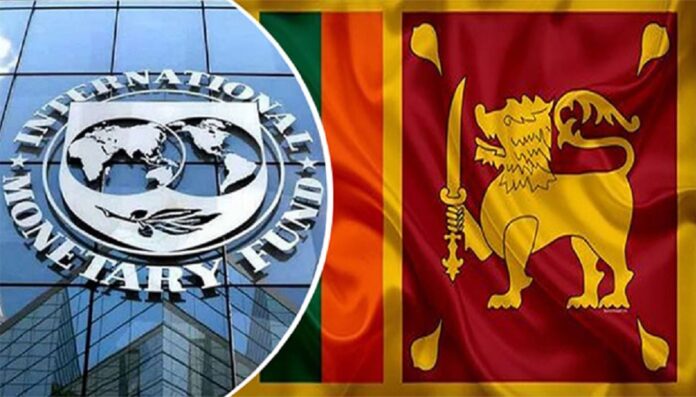By: Staff Writer
Colombo (LNW): Sri Lanka’s second tranche of a $3 billion loan from the International Monetary Fund is likely to be delayed as the island nation has failed to meet the programme objective and a global lender’s official said there is no fixed timeline on the disbursement of second tranche.
“Discussions are on-going, and the authorities are continuing to make progress on their plans for revenue mobilization targets, anti-corruption efforts, and other important structural reforms.
“Growth momentum remains subdued, with Q2 real GDP contracting by 3.1 percent on a year-on-year basis and high-frequency economic indicators continuing to provide mixed signals. Reserve accumulation has slowed in recent months,” Peter Breuer senior mission chief told a media conference in Colombo in Wednesday 27.
Sri Lanka has made commendable progress in implementing difficult but much-needed reforms.
These efforts are bearing fruit as the economy is showing tentative signs of stabilization. Inflation is down from a peak of 70 percent in September 2022 to below 2 percent in September 2023, gross international reserves increased by $1.5 billion during March-June this year, and shortages of essentials have eased. Despite early signs of stabilization months.
The executive board of the International Monetary Fund will decide on the adequacy of the ‘progress’ that is required in restructuring Sri Lanka’s foreign debt, in order to complete the first review of the island’s program with the agency,
The IMF Governance Diagnostic report would inform future reform measures to strengthen governance when published, the IMF mission announced.
The International Monetary Fund mission that visited Sri Lanka for the first review of the IMF-supported Extended Fund Facility program for Sri Lanka noted that despite early signs of stabilization, full economic recovery is not yet assured.
A new welfare benefit payment scheme was enacted with new eligibility criteria that aims to improve targeting, adequacy, and coverage of social safety nets.
To ensure financial stability, steps were taken on conducting bank diagnostics, developing a roadmap for addressing banking system capital and liquidity shortfalls, and improving the bank resolution framework, he pointed out.
The authorities have also made headway on regaining debt sustainability through the execution of the domestic debt restructuring and advancing discussions with external creditors.
As Sri Lanka is restructuring its public debt which is in arrears, Executive Board approval of the first program review requires the completion of financing assurance reviews.
These financing assurance reviews will focus on whether adequate progress has been made with debt restructuring to give confidence that it will be concluded in a timely manner and in line with the program’s debt targets.
However, revenue mobilization gains–while improved relative to last year–are expected to fall short of initial projections by nearly 15 percent by year end.
While partially due to economic factors, the onus of fiscal adjustment would fall on public expenditure if there were no efforts to recoup this shortfall.

